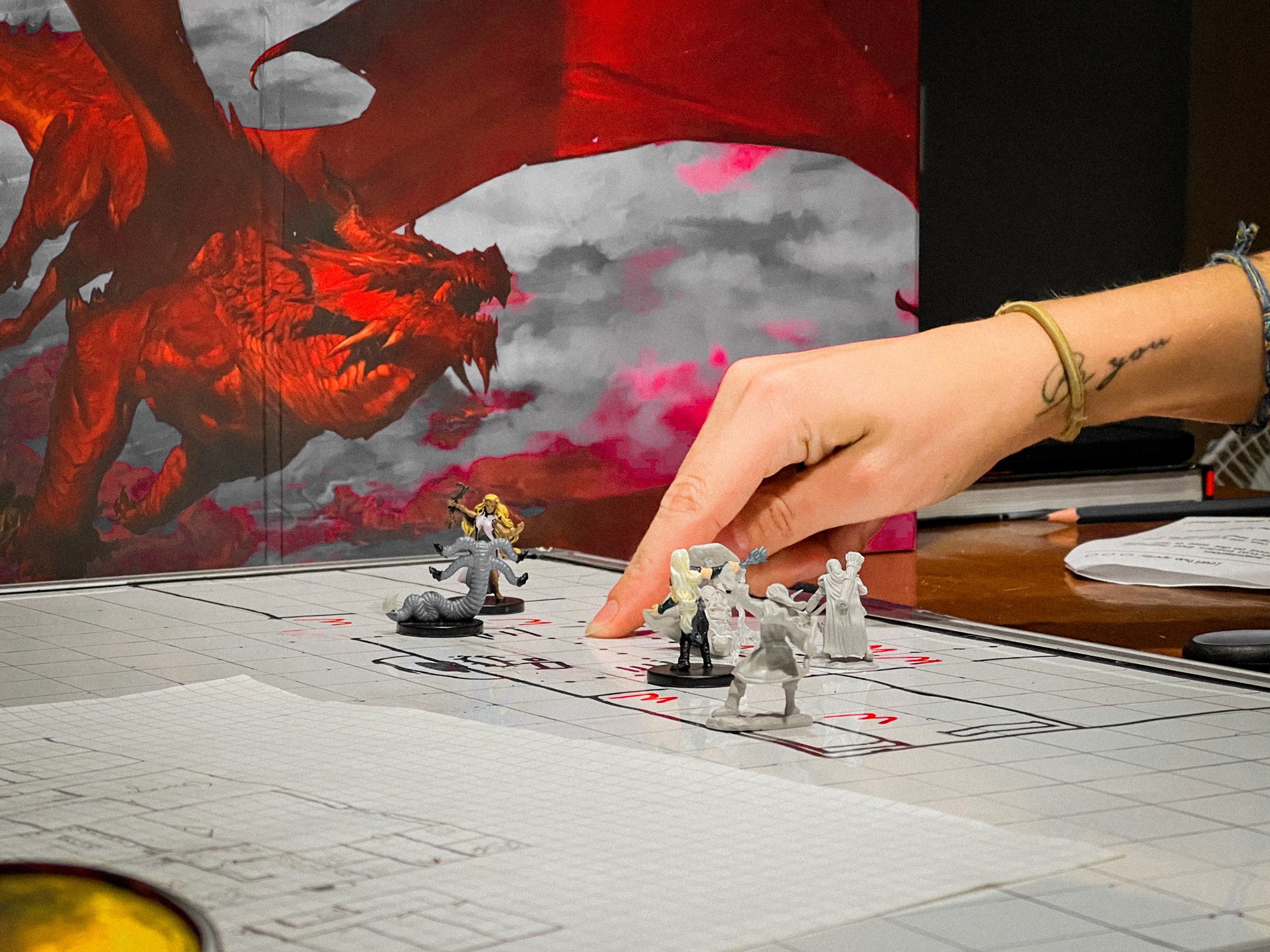There was little doubt that the Toys R Us bankruptcy was going to be painful for Hasbro (HAS 1.18%), because it accounted for about 10% of the toymaker's sales. Even with other outlets scrambling to expand their shelf space for toys, Hasbro was never going to plug that hole all at once.
Yet the manufacturer's third-quarter earnings report, released Oct. 22, suggests it has problems that run deeper than a single retailer, which may mean Hasbro will underperform for longer than previously expected.

The Toys R Us cloud hung darkly over Hasbro's earnings. Image source: Getty Images.
Toys R Us dominated all
Hasbro previously said it wouldn't recapture all the lost sales from Toys R Us in 2018, but had indicated that the worst was behind it and the second half of the year would be a period of increasing growth. That doesn't seem to be how it's working out.
Where revenue fell 7% year over year in the second quarter, with operating profits plunging 21%, sales tumbled 12% in the third, and operating profits declined 15%. Adjusted net earnings ended up coming in at $1.93 per share this quarter, missing analyst estimates of $2.23 per share.
To a certain extent the earnings miss was a timing issue, as $50 million in Hasbro's sales were pushed out into the fourth quarter, but overseas markets were especially weak as revenue there plummeted 24% from the year-ago period, with Europe down 29% as Toys R Us inventory continued to be liquidated.
Last quarter, CEO Brian Goldner stated that Hasbro will have moved beyond the Toys R Us bankruptcy and liquidation by 2019, but this time out he wouldn't commit to when the toymaker would be able to recapture the lost sales.
Although Goldner noted that Hasbro has compensated for about one-third of the bankrupt retailer's sales, he wouldn't say when the remaining two-thirds could be recaptured, only going so far as to affirm that Hasbro is "very committed to 2019 being a year of growth."
Box office bummer
That indicates that Toys R Us had a much stronger effect on Hasbro than the manufacturer may have realized, and investors should expect the effects to linger. But there are other problems too.
Hasbro's franchise brands are those most important to it and they typically account for around half of all annual sales. Examples include popular stalwarts like Transformers, Nerf, Monopoly, and Magic: The Gathering.
The Transformers franchise is the biggest, but it's highly dependent on movies. There's a new Bumblebee prequel due out in December, but some already suggest it may disappoint, since the series is dwindling in popularity, as indicated by last year's letdown, Transformers: The Last Knight. Director Michael Bay is also no longer involved with the franchise.
Similarly, Hasbro may find that some partner brands are experiencing problems too. Although the Marvel and Walt Disney movies remain highly successful, the Star Wars franchise has flirted with viewer fatigue, and a Boba Fett spin-off movie recently failed to get the studio's green light. Lucasfilm is now reconsidering the pace of its Star Wars spin-offs.
Other problems arise
Hasbro has also run into issues with its once-popular Littlest Pet Shop toys. The line was recently removed from the franchised brands category and placed into emerging brands so it could retool. In its place, Baby Alive was moved up on the basis of its historical track record, and the toymaker thinks it can revive this label's sales.
These are issues that run beyond Toys R Us and could cause a ripple effect throughout other parts of the business. Hasbro still has a toy box filled with powerful brands like Beyblade, Nerf, and My Little Pony, but the weaknesses in other staples will now be magnified by the loss of the toy retailer.
Hasbro is no longer certain just how far Toys R Us' drag will extend, but it's becoming clearer that the shadow cast may extend well beyond this Christmas into next year, and maybe further.





